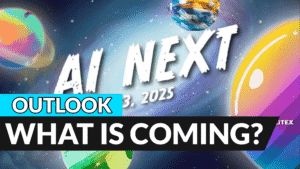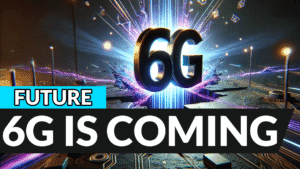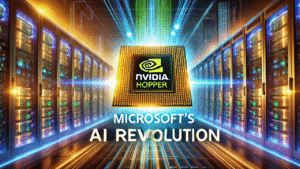In the high-stakes world of artificial intelligence, where every breakthrough can redefine the future, Google has adopted a controversial strategy: paying top AI researchers to stay idle. This approach, involving “garden leave” and stringent noncompete agreements, aims to prevent valuable talent from joining competitors like OpenAI and Microsoft.

In Silicon Valley’s high-stakes AI arms race, where every genius could be the next Einstein of machine learning, Google has taken a page straight out of corporate warfare: it’s reportedly paying some of its top AI researchers not to work. You heard that right—engineers, scientists, and thought-leaders are being paid full salaries just to sit on the sidelines.
The tactic? A mix of extended “garden leave” and ironclad noncompete clauses. According to reporting from Business Insider and TechCrunch, Google’s AI powerhouse DeepMind is putting UK-based employees on paid leave that can stretch up to a year. The catch? During that time, they’re not allowed to jump ship to rivals like OpenAI or Microsoft—even if they’re eager to.
Insiders describe it as a way to keep valuable brainpower out of enemy hands without having to actually give them work. These aren’t just back-office coders either—some of these individuals have been involved in critical efforts like the development of Google’s Gemini models, which are central to the company’s attempt to outpace ChatGPT.
And here’s where it gets juicy: this isn’t just a few isolated cases. Sources say it’s happening systematically. The restrictive clauses are reportedly more aggressive in the UK, where labor laws allow for longer noncompete terms than in the U.S. In many cases, these researchers are fully employed on paper but have no projects assigned—basically benched from participating in one of the fastest-moving tech revolutions in history.
This has sparked serious backlash. Nando de Freitas, a former director at DeepMind who now works at Microsoft, publicly called out the practice. He said researchers have messaged him in frustration, essentially trapped by contracts that leave them professionally stranded. On X, formerly Twitter, he described these agreements as “an abuse of power” and warned others not to sign them.
Beyond the ethical red flags, there’s a bigger question: is this chilling innovation? Google argues it’s protecting its intellectual property and preventing strategic leaks. But critics say that suppressing talent like this could slow the pace of progress—not just for Google, but for the industry at large.
Meanwhile, companies like Meta and OpenAI are snapping up available talent like it’s Black Friday. Every skilled AI mind is a potential game-changer in this multibillion-dollar battle. Which means that locking one away on a corporate “do not deploy” list might be less about nurturing research and more about neutralizing threats.
This whole saga paints a picture of an industry so obsessed with winning that it’s willing to sideline its best players just to keep them off someone else’s team.
But what does this say about the future of talent in AI? If brilliant researchers are being locked out of the field during pivotal years, we may be losing not just months of productivity—but the serendipitous breakthroughs that come when bright minds are free to explore. The risk isn’t just stagnation at Google—it’s a wider innovation bottleneck that ripples across the entire AI ecosystem.
Even more concerning is the precedent this sets. If one tech titan succeeds in freezing out competitors through legal maneuvering rather than innovation, others may follow suit. It could reshape hiring practices and talent mobility across the industry. Imagine a future where your greatest achievement lands you on a mandatory sabbatical—not to rest, but to stay silent.
Some observers argue this is the inevitable dark side of a capitalist, IP-driven tech culture. But others are calling for reform. Labor rights advocates in the UK and Europe are pushing to reevaluate the legality of long noncompetes in fast-moving sectors like AI, where time off the field can mean becoming obsolete.
In the meantime, whispers of secret projects, internal dissent, and talent quietly slipping through legal loopholes are becoming common. One anonymous source described it as “AI espionage by inaction”—a cloak-and-dagger game where silence is more powerful than code.
So what’s next? Will governments intervene? Will rival firms lure top minds with more freedom and equity instead of higher salaries and handcuffs? Will researchers begin to negotiate smarter contracts that preserve their ability to move—and think?
Only time will tell. But one thing is certain: in the world of AI, the battle for brains is just getting started.















